Coronavirus: Contact tracing 'a steep learning curve'
- Published
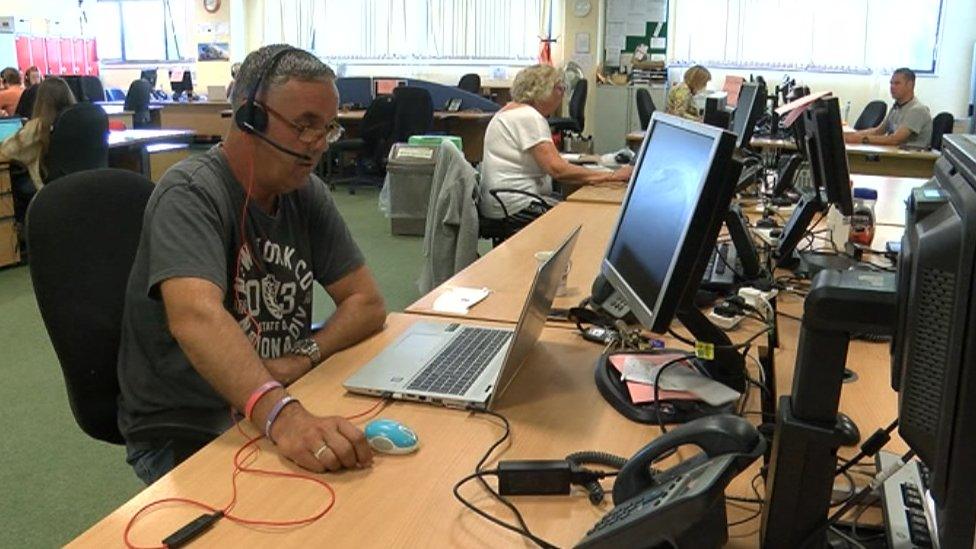
This contract tracing team works from a Torfaen council office
In a perfectly ordinary office on an industrial estate in Pontypool, a team of council workers are bashing the phones.
Pulled together from various departments across Torfaen and Monmouthshire local authorities, they're now at the forefront of the fight against Covid-19.
"We've got people from theatres, community farms, school crossing patrols - people who don't usually do this as a normal day job," explains contact tracer Jason Austin.
"It's been a very steep learning curve."
Positive coronavirus cases are referred by testing centres across Gwent to the team here.
It's for them to "piece together the jigsaw", as Jason puts it, and to work out who may have become infected after coming into contact with an individual found to have the virus.
Their job then is to contact those people and support them through their self-isolation.
As of Wednesday, the team had successfully tracked down 222 out of 225 potential contacts - 99%. Across Wales in the week up to 27 June, the equivalent success rate was 84%.
As an environmental health officer, Jason has effectively been doing this work for 15 years.
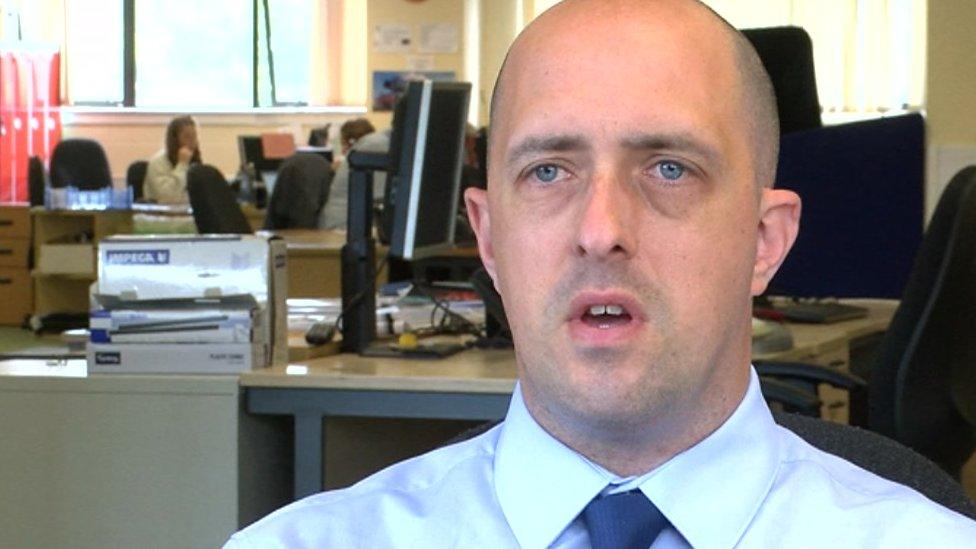
Jason Austin is using his experience as an environmental health officer while contact tracing
"It's a bit of a memory test," he says, "and the experience I've had with food poisoning is it's very difficult to remember what you ate a couple of days ago, let alone what you did two weeks ago.
"You just listen to people; where they've been, the kind of interaction that they've had, and you just try and pick out the key points and pull them back to say: 'What did you do on this day? Did you go out for lunch? Have you been at work? Did you have a coffee break with someone? Did you have a smoking break with someone?'
"They're the kind of key points you try and pick up naturally, and the kinds of skills I've tried to pass on to my colleagues, who are less au fait with contact tracing."
As Jason describes his work, I'm reminded of the recent Salisbury Poisonings drama I'd watched on iPlayer.
The three-parter retells the story of how a nerve-agent attack brought the city to a standstill in 2018.
It centres on the work of Wiltshire's director of public health, Tracy Daszkiewicz as she tries to the find the source of the poison.
"It's amazing isn't it," Jason's colleague, Melanie, shouts out. "I watched it twice!"
Melanie Smith is deputy manager of a community farm in Cwmbran, but with that site currently closed she's one of those brought in to help with the contact-tracing work.
"I'm loving it," she says. "It's a great team of people and we're doing a really important role here."
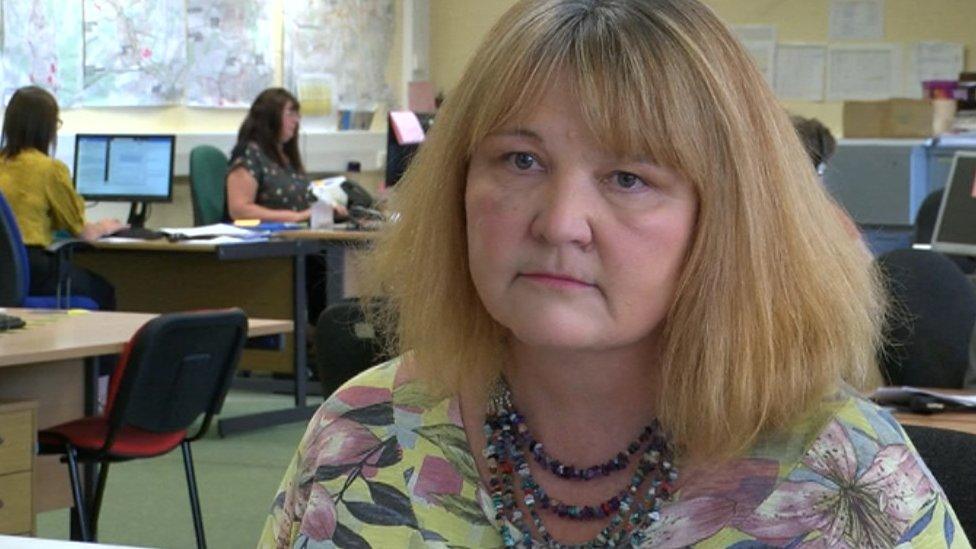
Melanie Smith has been drafted in to help with contract tracing
Melanie's job as a contact adviser is to phone those identified as potentially having been exposed to the virus and advise them through their 14 days of self-isolation.
To that end, she and her colleagues have been given a set script to follow during their calls.
"We don't give any information away in terms who the case is - we just say the person's been in contact with a Covid-19 positive case, and then we help to put their minds at rest and help them to trust that we are here to support them and give them advice.
"Our main role is really to get trust with the public, to make sure they comply and self-isolate to help keep Wales safe."
There have been reports recently of scammers pretending to be from contact-tracing teams.
"The only information we will ask is for their date of birth and their address," Melanie says.
"The genuine team will never ask for any personal information about bank details or asking them to download any links or apps - that's what the scammers are doing, and we want to put people's minds at rest."
Allow X content?
This article contains content provided by X. We ask for your permission before anything is loaded, as they may be using cookies and other technologies. You may want to read X’s cookie policy, external and privacy policy, external before accepting. To view this content choose ‘accept and continue’.
Key to the success of any tracing scheme is the quick turnaround of test results.
Jason says: "They're coming back as we would expect, within a day or so…it seems to be working fine".
However, stats released this week show that across Wales just 49.4% of test results came back within 24 hours in the week up to 28 June, and First Minister Mark Drakeford has acknowledged figures need to improve.
Politics Wales is on BBC One Wales on Sunday, 5 July at 10:15 BST and then on the iPlayer.
- Published15 June 2020
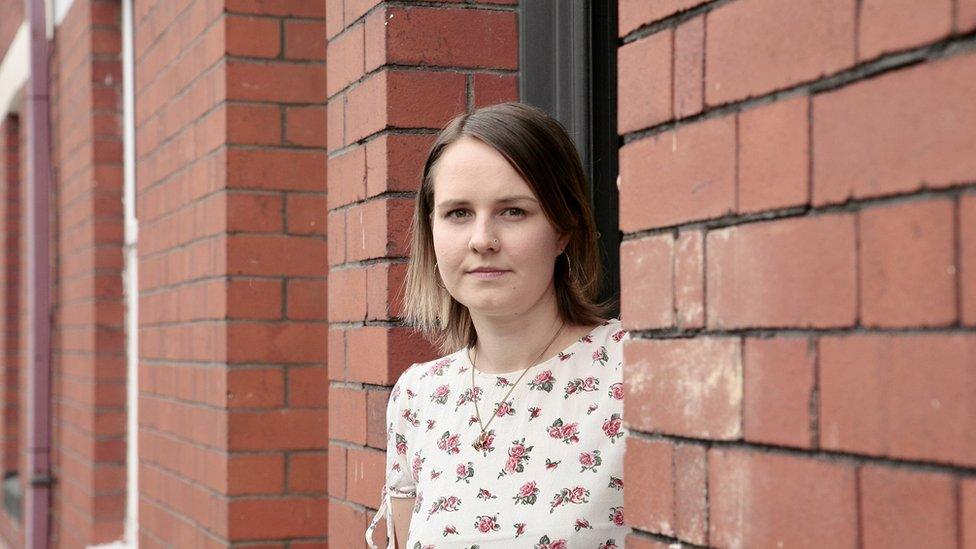
- Published30 June 2020
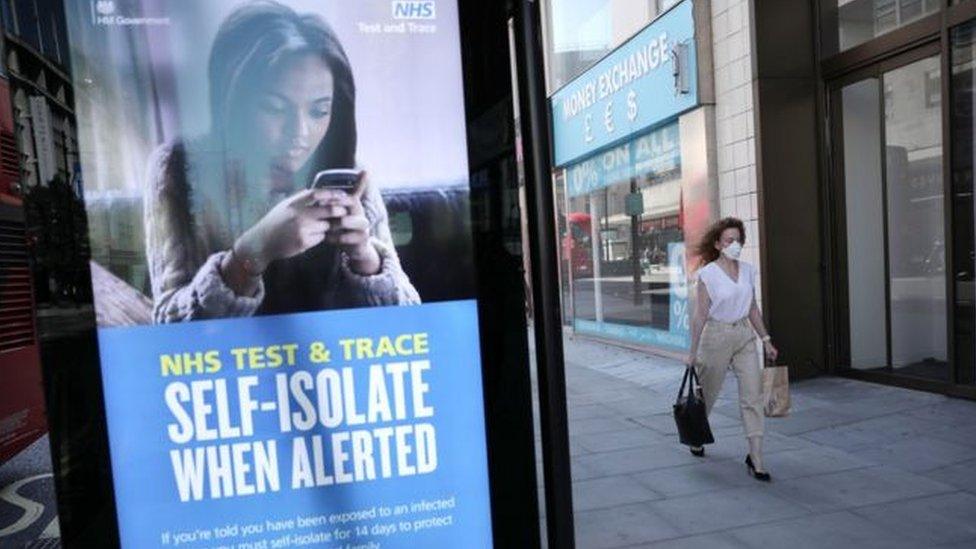
- Published13 May 2020

- Published27 May 2020

- Published1 June 2020
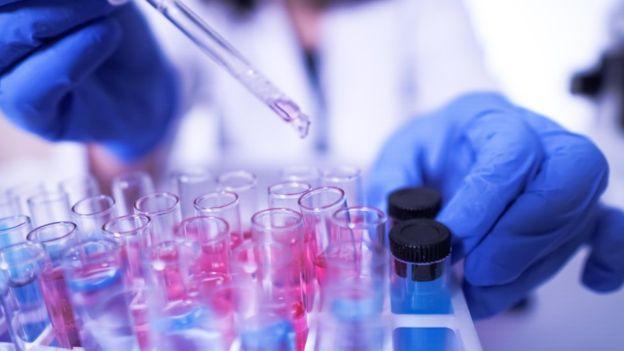
- Published23 May 2020